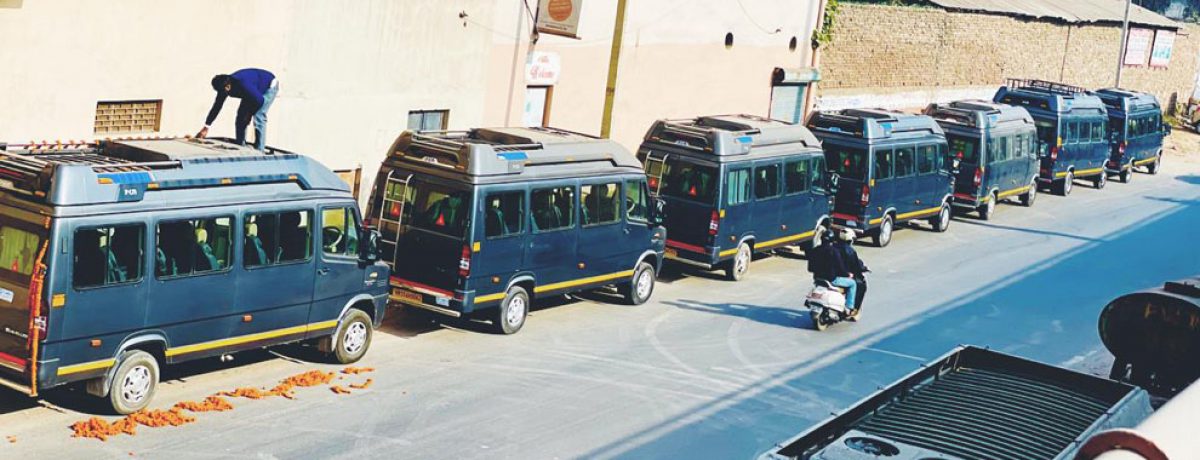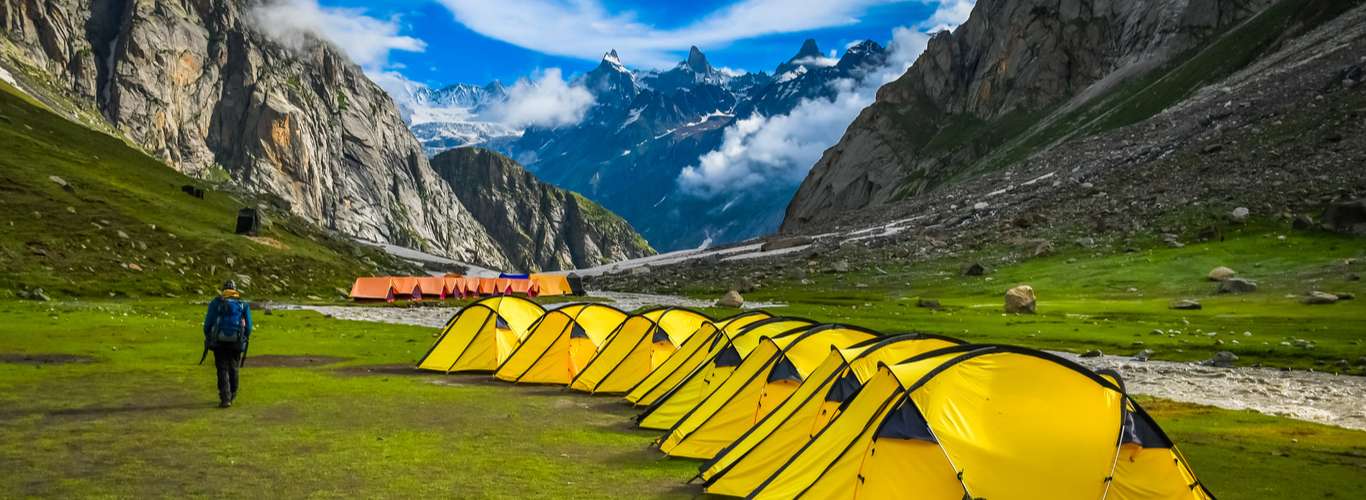Among the floating clouds and pouring trees
After a one-and-a-half hour journey from the Kathgodam railway station, the white-and-yellow sloped roof of Te Aroha – the lone but gratifying stay option in Dhanachuli – looms high.

In Dhanachuli, days are shorter, rains stay longer and lunches taste better. This small village in Uttarakhand, named after its wealth of grains, has eluded the average traveller. And maybe that’s why it’s a bit too mysterious, fascinating and endearing.
After a one-and-a-half hour journey from the Kathgodam railway station, the white-and-yellow sloped roof of Te Aroha – the lone but gratifying stay option in Dhanachuli – looms high. Run by Delhi-based lawyer couple Asha Barmola and Sumant Batra, the property is an assortment of cottages, gardens, stairways, gravel pathways and an entire vintage museum called Chitrashala.
The moment you step inside Te Aroha, you smell history. There is an old scooter cased behind a glass window by the reception. The rooms have huge wooden canopy beds and white Victorian dressers that squeak delightfully. There is nothing contemporary here, much like the sprawling village of Dhanachuli, dotted with cabbage patches, apple trees and warm-hearted locals. The vintage museum is dedicated to old film posters, matchbox cases, books, lithographs and everything else a history buff would love.
If Asha takes you on a tour, she will tell you the tale behind each movie poster and every Filmfare magazine from the 1970s that has been painstakingly collected and preserved in this museum amid the clouds. There are rotary phones, gramophone records and typewriters, not to mention the cupboards of leather bound Readers Digests.
The village is a 14-km drive from Mukteshwar and 29-km far from Bhim Taal Lake. It is pretty high up, so during monsoons, you can catch the fog and cloud floating as you look down. And even as the sky stops pouring, the water laden pine trees spray you with a million drops when a breeze decides to pass by.
Mornings are for long walks around the village. The roads are empty and surrounded in a blanket of lush green. There are potatoes and apples everywhere. The local millet that goes by the name madua are used to make excellent rotis.
The locals will invite you in for tea or a generous serving of sweetened homemade yoghurt. There is a 200-year-old temple on the village trail.
Evenings are for listening to old Hindi songs, curling up on one of the florally upholstered couches and reading Ruskin Bond or Rudyard Kipling. In the dead of night, watch the moon vying to shine from behind the clouds that announce the next bout of downpour.




